detail profile mich c3 a8le magny
Peran Yang Di Mainkan Michèle Magny
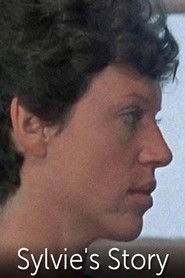 This short film recreates the experience...
This short film recreates the experience...Sylvie's Story 1986
This short film recreates the experience of Sylvie, a battered woman who seeks shelter in a Montréal transition house. Faced with the threat of violence, loneliness, the lack of financial resources or information about services, the victim is often understandably reluctant to seek help. Emphasizing the importance for women of speaking out, the film also points out the role of the transition house in putting victims of abuse in touch with appropriate legal and social services.
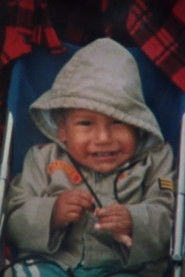 The short documentary looks at some...
The short documentary looks at some...A Safe Distance 1986
The short documentary looks at some innovative approaches to providing services and accommodation for battered women in rural, northern, and Native communities. Filmed in Thompson and Portage La Prairie, Manitoba, and West Bay Reserve, Ontario, the film introduces the women who operate and use various types of accommodation such as transition houses, transition apartments, and safe houses. The shelter on West Bay Reserve is singled out as a project that was built by women for women to stand as a reminder that the Reserve will not tolerate violence against women. A Safe Distance is part of the The Next Step, a 3-film series about the services needed by and available to battered women.
 The wife of a contract killer...
The wife of a contract killer...The Disappearance 1977
The wife of a contract killer disappears. When he is hired by an international organisation to carry out a hit, he suspects they are connected with her disappearance.
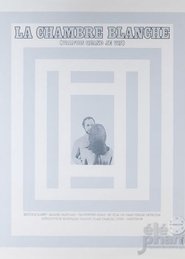 This plodding piece of cinematic ambiguity...
This plodding piece of cinematic ambiguity...The House of Light 1969
This plodding piece of cinematic ambiguity finds a married couple engaged in boring conversation in a window as scenery changes behind them. When they manage to talk about love, some of the tedium is lifted in the wake of their amorous verbiage. This black and white effort from Jean Pierre Lefebvre depends on symbolic impressionism rather than plot.
 A tale from downtown where the...
A tale from downtown where the...Little White Crimes 1966
A tale from downtown, where the morality of business is not always as transparent as the shining glass fronts of the office buildings. The film follows the adventures of a young man on the way up, intent on building an image to match his ambitions. In doing so he leaves a trail of hurt feelings among those he uses as steps toward his goal.

 The mayor of a suburban town...
The mayor of a suburban town... Three generations of a family struggle...
Three generations of a family struggle...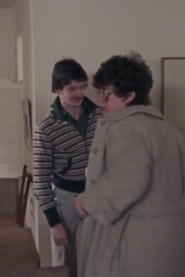
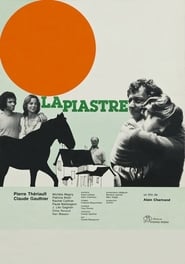 Robert decides to drop everything and...
Robert decides to drop everything and...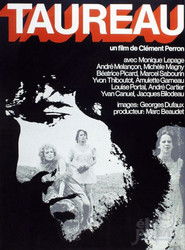 A family that does not conform...
A family that does not conform... The lives of a businessman and...
The lives of a businessman and...